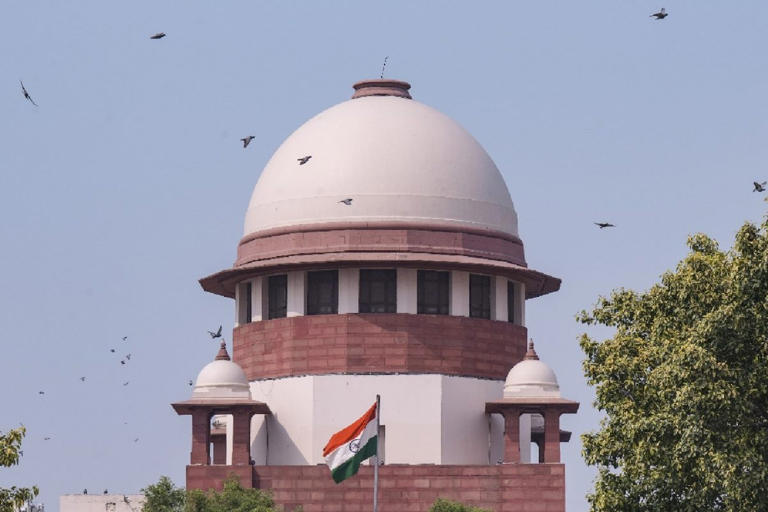Why Did the Supreme Court Step In on the TASMAC-ED Case?
On May 22, 2025, the Supreme Court of India issued a sharp rebuke to the Enforcement Directorate (ED) over its probe into the Tamil Nadu State Marketing Corporation (TASMAC). A bench comprising Chief Justice BR Gavai and Justice AG Masih not only stayed the ED’s money laundering investigation but also raised critical concerns about the agency’s constitutional overreach and violation of India’s federal structure. The intervention came after petitions filed by the Tamil Nadu government and TASMAC, challenging the Madras High Court’s earlier approval for the ED probe to continue.
BREAKING!
— Bar and Bench (@barandbench) May 22, 2025
The Supreme Court on May 22 slammed the Enforcement Directorate (ED) for its raids at the headquarters of Tamil Nadu State Marketing Corporation (TASMAC) and stayed the action by the central agency in the money laundering case initiated by it in connection with the… pic.twitter.com/OxBVAiJ2vd
What Did the Supreme Court Say About the ED’s Actions?
The Supreme Court made it clear that the ED had crossed constitutional boundaries. The bench questioned the agency’s jurisdiction to investigate a state-run government corporation like TASMAC under the Prevention of Money Laundering Act (PMLA). “How can there be an offence against the corporation? Your ED is crossing all limits,” the court remarked, calling out the targeting of TASMAC as a violation of the federal balance between the Centre and States.
The court stressed that while individuals can be held accountable for alleged corruption, dragging a state enterprise into a criminal case was excessive. It asked the ED to clearly define the predicate offence that justified such an intervention and issued a notice demanding a response within two weeks. Until then, all proceedings have been put on hold.
What Are the Allegations and the Political Backdrop?
The ED had conducted raids at TASMAC offices and officials’ homes in March and May 2025, claiming to investigate financial irregularities over ₹1,000 crore. Phones and devices were seized during these operations. However, the Tamil Nadu government argued that 41 FIRs had already been filed against individuals from 2014 to 2021 and called the ED’s probe a politically motivated “fishing expedition” ahead of elections.
This case has now emerged as a litmus test for the limits of central agency powers, especially in matters involving state governance and federal autonomy. The Supreme Court’s stay signals a serious judicial check on executive overreach, reaffirming the need to protect India’s federal structure while ensuring accountability.





















